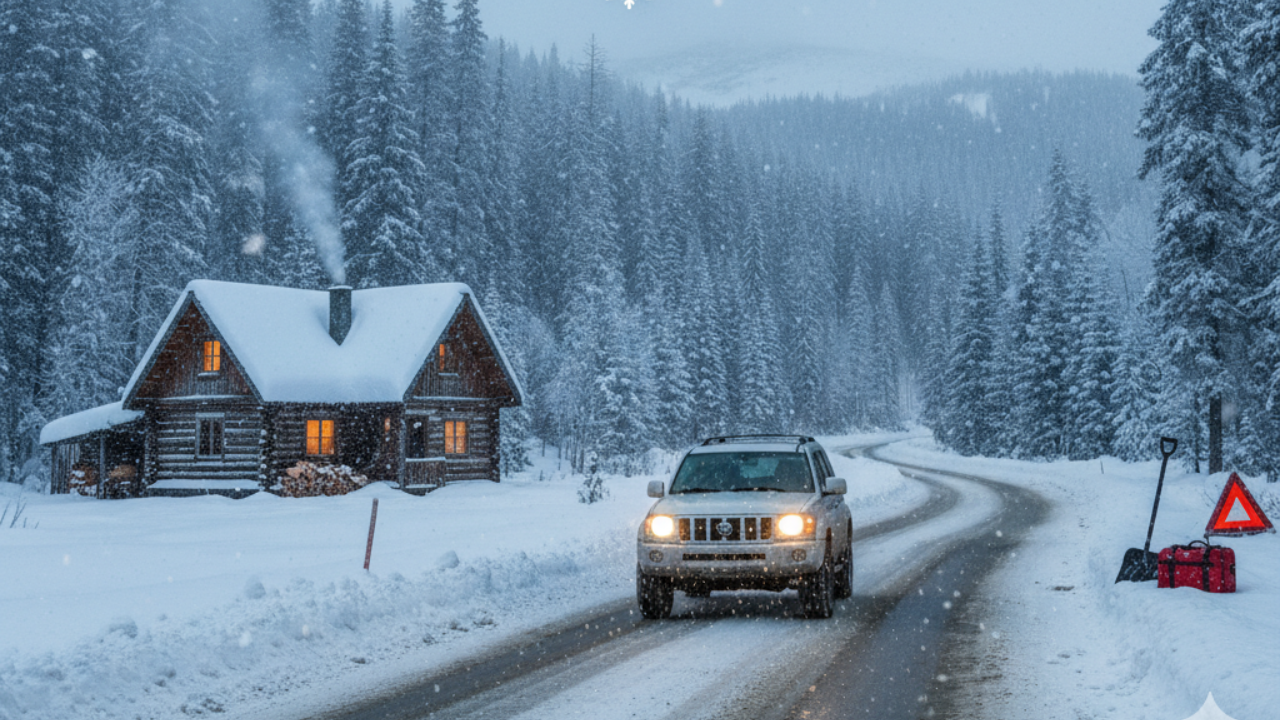
Trump's AI Chief: No Federal Aid for Tech Companie
David Sacks, AI czar, confirms no federal aid for AI firms, stressing private sector will spearhead

Winter can be challenging, especially in regions with heavy snowfall and freezing temperatures. Proper preparation can save money, reduce risks, and ensure you and your family stay safe throughout the season. This guide covers practical tips for managing heating costs, handling snow, and maintaining road safety.
Heating costs are one of the largest winter expenses. To keep bills manageable:
Insulate your home: Seal windows, doors, and drafty areas to retain warmth.
Use programmable thermostats: Lower temperatures during sleeping hours or when away.
Regular maintenance: Service heating systems to ensure efficiency and reduce unexpected costs.
Layer clothing and bedding: Simple lifestyle changes can reduce reliance on high heat settings.
Snow accumulation can pose safety hazards and disrupt daily life. Effective snow removal strategies include:
Shovel promptly: Prevents heavy ice buildup and reduces the risk of accidents.
Use safe de-icing products: Sand or salt can make driveways and walkways safe.
Invest in snow blowers: For large areas, mechanized snow removal saves time and energy.
Hire professionals if needed: In extreme weather or for older adults, professional services may be safer.
Driving in winter conditions requires extra caution to prevent accidents:
Equip vehicles with winter tires: Provides better traction on icy roads.
Keep emergency kits: Include blankets, water, snacks, and a first aid kit.
Drive slowly and maintain distance: Icy conditions increase braking distances.
Check weather updates: Avoid unnecessary travel during storms and follow local advisories.
Cold temperatures can affect health, especially for children and seniors:
Dress in layers: Wear insulated clothing, gloves, and hats.
Stay hydrated: Cold weather can reduce thirst, but hydration is still essential.
Exercise safely: Indoor workouts maintain fitness while avoiding icy hazards.
Monitor vulnerable family members: Check on elderly relatives or neighbors regularly.
Winter storms can lead to temporary power disruptions. Be prepared:
Stock essential supplies: Batteries, flashlights, and non-perishable food.
Backup heating options: Consider safe alternatives like propane heaters or wood stoves.
Plan communication: Keep phones charged and inform family of backup plans.
Disclaimer: This article is for informational purposes only. Always follow local government guidelines and safety regulations during winter.